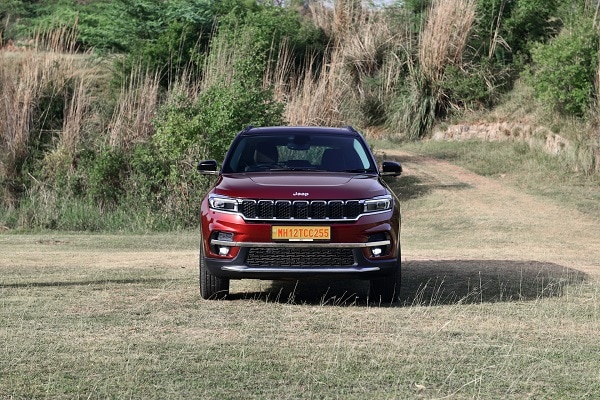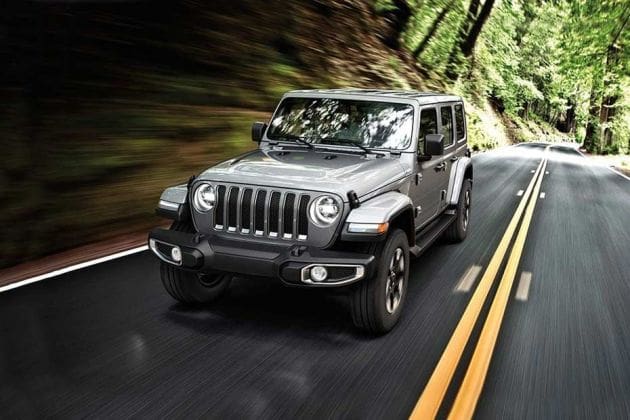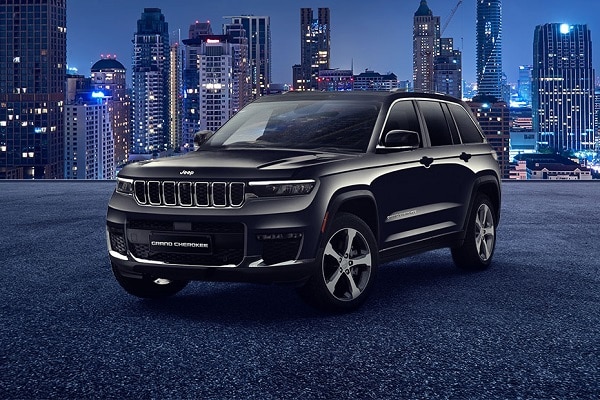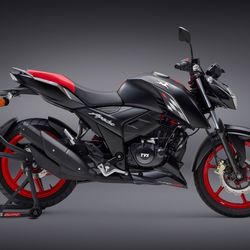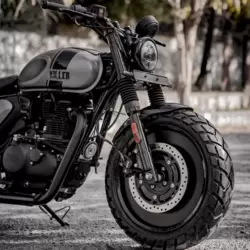In pics: Manila's 'King of the road' returns to business
- Without Manila's jeepneys, dubbed 'king of the road', a phased return to work had been chaotic for many people.

Thousands of jeepneys, flamboyantly decorated jeeps that serve as cheap public transport across the Philippines, are back on the streets of Manila. Most of these are festooned with religious slogans, horoscope signs or logos of US sci-fi films. (REUTERS)
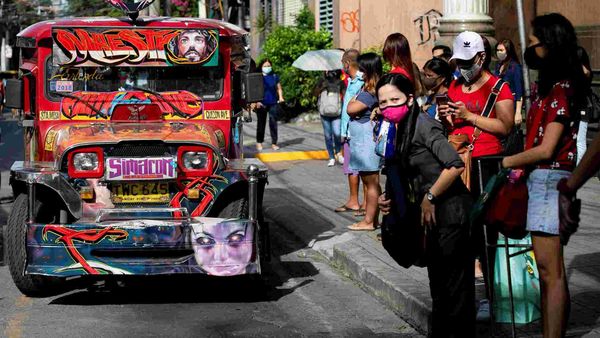
Thousands of jeepneys, flamboyantly decorated jeeps that serve as cheap public transport across the Philippines, are back on the streets of Manila. Most of these are festooned with religious slogans, horoscope signs or logos of US sci-fi films.

Dubbed "the king of the road", these large, multi-coloured trucks were forced to a halt 15 weeks ago when the government imposed a coronavirus lockdown. (REUTERS)

Dubbed "the king of the road", these large, multi-coloured trucks were forced to a halt 15 weeks ago when the government imposed a coronavirus lockdown.

On a typical day in Manila, an estimated 55,000 of these large jeepneys used to crawl through gridlocked roads carrying up to 15 passengers who sat knee-to-knee on twin benches in the windowless vehicles. (REUTERS)

On a typical day in Manila, an estimated 55,000 of these large jeepneys used to crawl through gridlocked roads carrying up to 15 passengers who sat knee-to-knee on twin benches in the windowless vehicles.
Also check these Vehicles
Find more Cars

Only 6,000 of the 55,000 jeepneys were back in business, operating at half capacity under strict social distancing rules. Every passengers undergoes temperature checks before boarding a Jeepney and shields themselves from one another with face masks. (REUTERS)

Only 6,000 of the 55,000 jeepneys were back in business, operating at half capacity under strict social distancing rules. Every passengers undergoes temperature checks before boarding a Jeepney and shields themselves from one another with face masks.

Every jeepney has been installed with plastic barriers in order to maintain social distancing and reassure passengers of their safety. (REUTERS)

Every jeepney has been installed with plastic barriers in order to maintain social distancing and reassure passengers of their safety.

A jeepney fare is typically about 9 pesos ($0.18), cheaper than trains, taxis or motorised tricycles.The first jeepneys were surplus army jeeps left behind by the US military after World War II and are in poor shape. (REUTERS)

A jeepney fare is typically about 9 pesos ($0.18), cheaper than trains, taxis or motorised tricycles.The first jeepneys were surplus army jeeps left behind by the US military after World War II and are in poor shape.
First Published Date: 03 Jul 2020, 17:26 PM IST
NEXT ARTICLE BEGINS







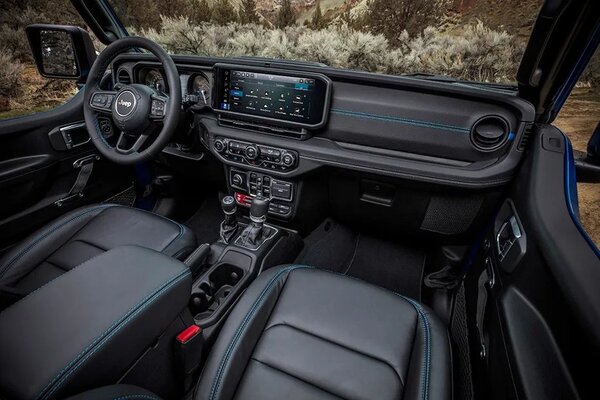
 1998 cc
1998 cc Diesel
Diesel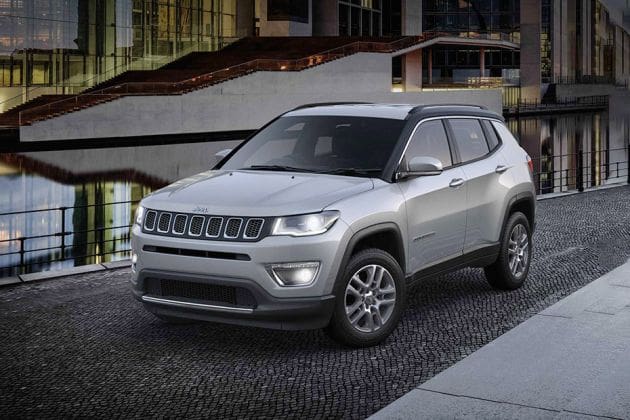
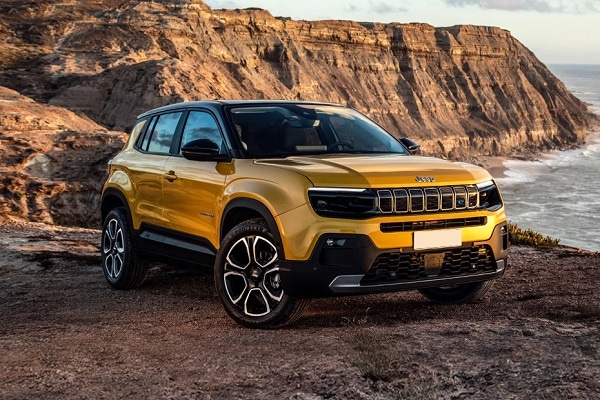
 50.8 kWh
50.8 kWh 400 km
400 km